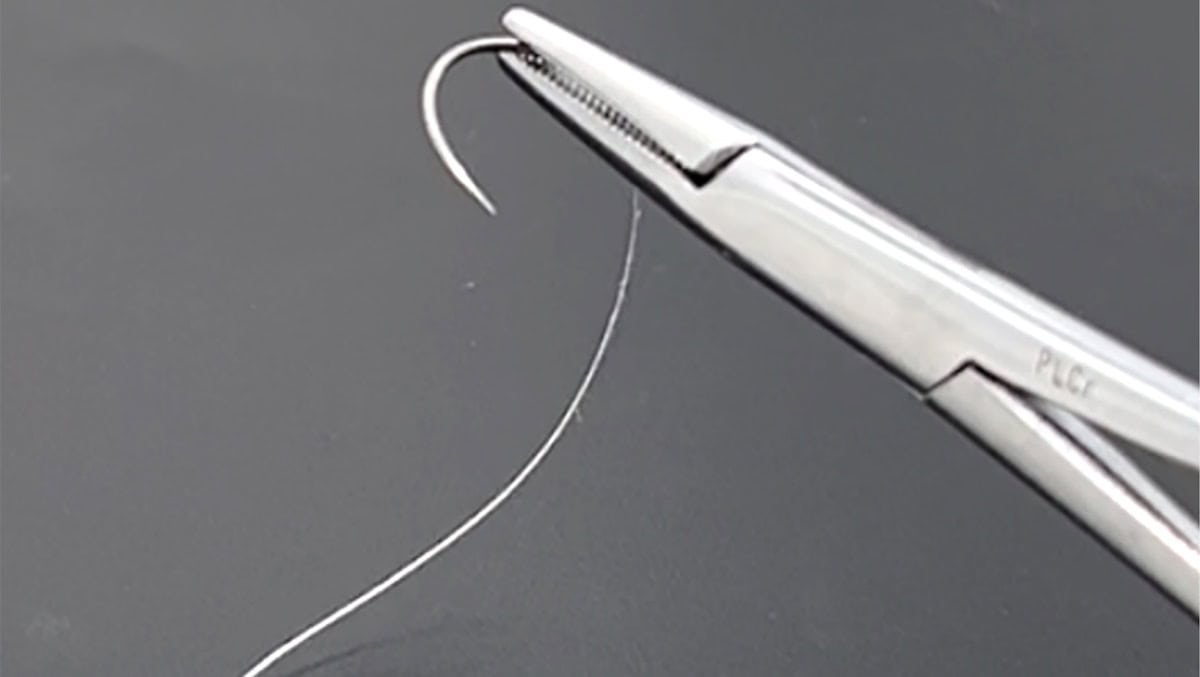Physicsworld
4w
116

Image Credit: Physicsworld
Electrical sutures accelerate wound healing
- Researchers at Donghua University have created surgical sutures that produce electricity to help accelerate the healing process. The suture generates electricity via a triboelectric mechanism with the movement from contracting muscles generating an electric field at the wound site. The electricity promotes wound repair by stimulating cell proliferation and migration, and the suture material is also both biocompatible and biodegradable. Tested on rats, the BioES-suture treated group achieved 96.5% wound healing compared to the 32.6% traditional suture achieving.
- After a week, the researchers found the BioES sutures had similar viability to that of control cells, with strength comparable to commercial sutures.
- The core of the BioES-suture completely degraded within 14 days, and the PCL layer remains intact for up to 24 weeks with no obvious BioES-suture evidence left.
- The BioES-suture's ability to generate electricity was 7.32V in air and 8.71V in water, and it could effectively convert natural body movements into stable electrical impulses.
- In vitro wound models, treated with BioES-sutures, showed increased cell proliferation, faster migration of fibroblasts, and increased expression of growth factors compared to traditional sutures.
- The researchers also tested the BioES-suture's antibacterial capabilities and found that it significantly inhibited bacterial growth compared with other sutures, which could indicate an antimicrobial effect during wound healing.
- Clinical trials are underway for the BioES-suture's potential use in humans.
Read Full Article
6 Likes
For uninterrupted reading, download the app